India and Sri Lanka to Sign Defence Agreement: Implications and Significance
India and Sri Lanka will sign a defence cooperation framework during PM Modi’s visit. The agreement aims to enhance military collaboration and address economic recovery in Sri Lanka, following President Dissanayake’s previous visit to India. Key discussions will include humanitarian concerns over detained Indian fishermen, as well as economic agreements, reflecting India’s commitment to regional stability and support for Sri Lanka.
India and Sri Lanka are set to sign a framework agreement on defence cooperation during Prime Minister Narendra Modi’s upcoming visit, the first of its kind since the Indian Peace Keeping Force’s intervention in the 1980s. This agreement aims to bolster relations in defence, energy, and infrastructure, following Sri Lankan President Anura Kumara Dissanayake’s visit to New Delhi in December. PM Modi will be the first foreign leader hosted by Dissanayake since taking office last September.
The groundwork for the defence cooperation agreement began following Dissanayake’s visit, which was his first foreign engagement as President. Recently, the Sri Lankan government proposed technical amendments to the initial draft. Foreign Secretary Vikram Misri confirmed that a memorandum of understanding (MoU) concerning defence cooperation is anticipated to be signed.
A joint statement from Dissanayake’s visit indicated that India will provide military platforms to enhance Sri Lanka’s defence capabilities, alongside increased joint exercises and maritime surveillance. This strengthened cooperation is driven by India’s concerns regarding China’s expanding military presence in the Indian Ocean, particularly in relation to the Hambantota port.
Annually, India and Sri Lanka engage in defence dialogues and conduct naval exercises. The proposed agreement aims to broaden the scope of military exchanges and exercises between the two nations. Economically, they plan to finalize important agreements involving debt restructuring and a currency swap arrangement between the Reserve Bank of India and the Central Bank of Sri Lanka, alongside a tripartite deal with the UAE for the Trincomalee oil tank farm.
Furthermore, among several agreements anticipated to be approved is an MoU for linking the power grids of both nations and a pact for collaboration on digital public infrastructure. India’s involvement in Sri Lanka underlines its “Neighbourhood First policy,” especially notable during Colombo’s economic crisis in 2022, wherein India provided $4.5 billion worth of assistance to aid recovery.
Misri emphasized the importance of Sri Lanka in India’s regional strategy and highlighted the positive possibilities that arise from Sri Lanka’s economic recovery. The visit will also address humanitarian concerns, particularly regarding the detention of Indian fishermen by Sri Lankan authorities. Misri expressed confidence that PM Modi will advocate for a humane handling of these issues during discussions with President Dissanayake, who previously assured Modi that Sri Lankan territory would not be used against Indian interests.
In conclusion, the forthcoming visit of Prime Minister Modi to Sri Lanka signifies a pivotal moment for strengthening defence and economic ties between the two countries. The signing of the framework agreement on defence cooperation is a crucial step in enhancing military capabilities and addressing mutual concerns, particularly regarding regional security dynamics. Furthermore, the broader economic cooperation aims to foster stability and development in Sri Lanka, while addressing humanitarian issues demonstrates India’s commitment as a supportive neighbor.
Original Source: www.hindustantimes.com
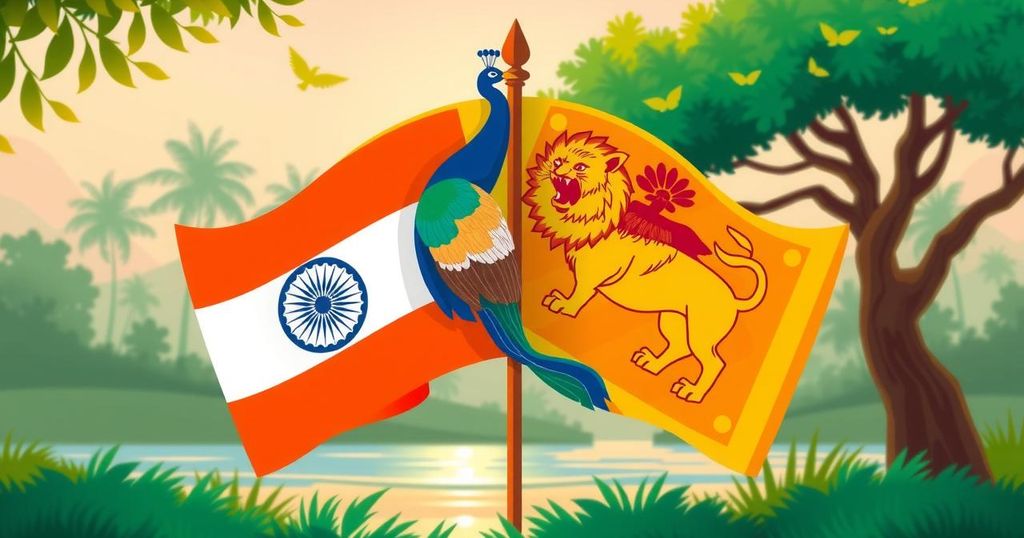

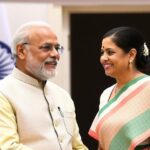
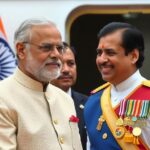
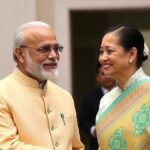
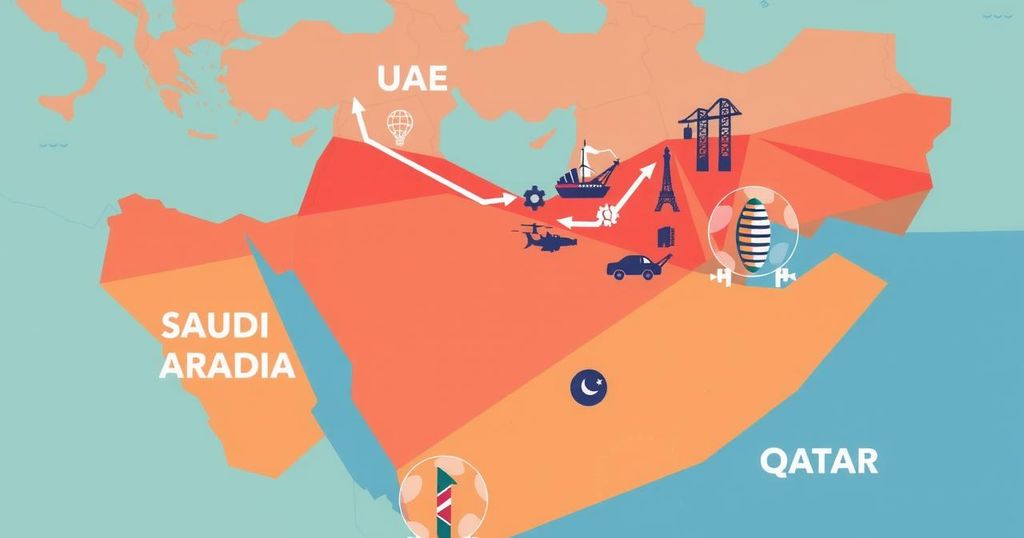
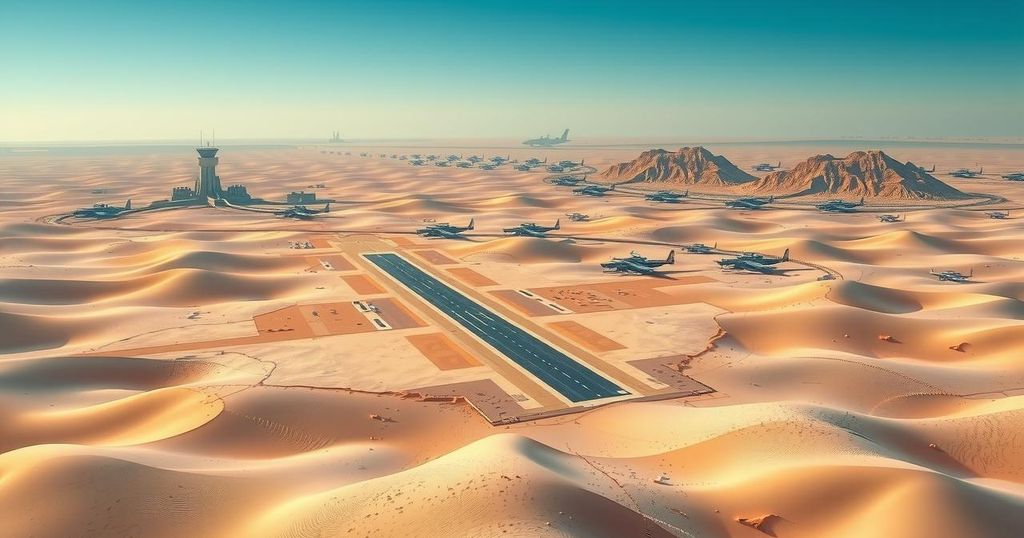
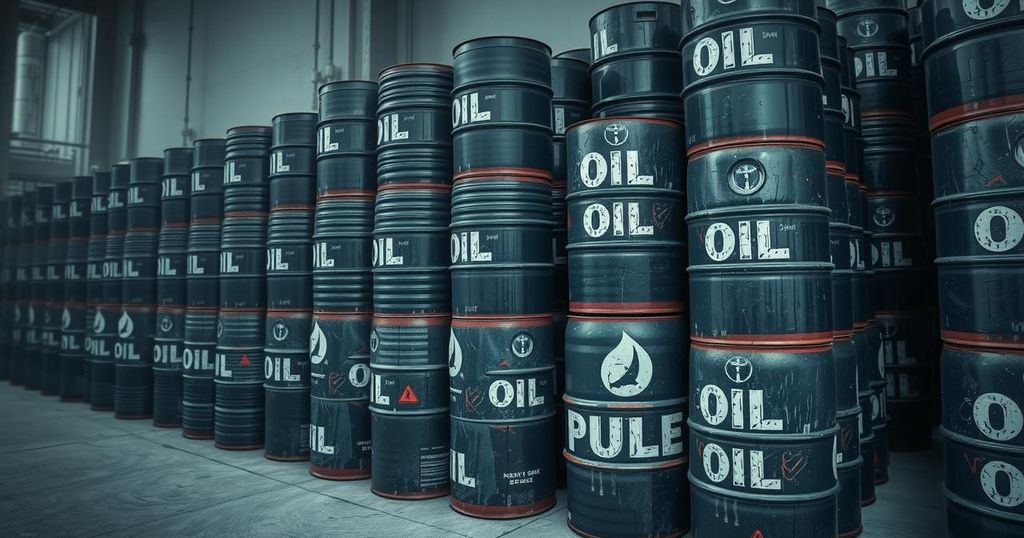
Post Comment